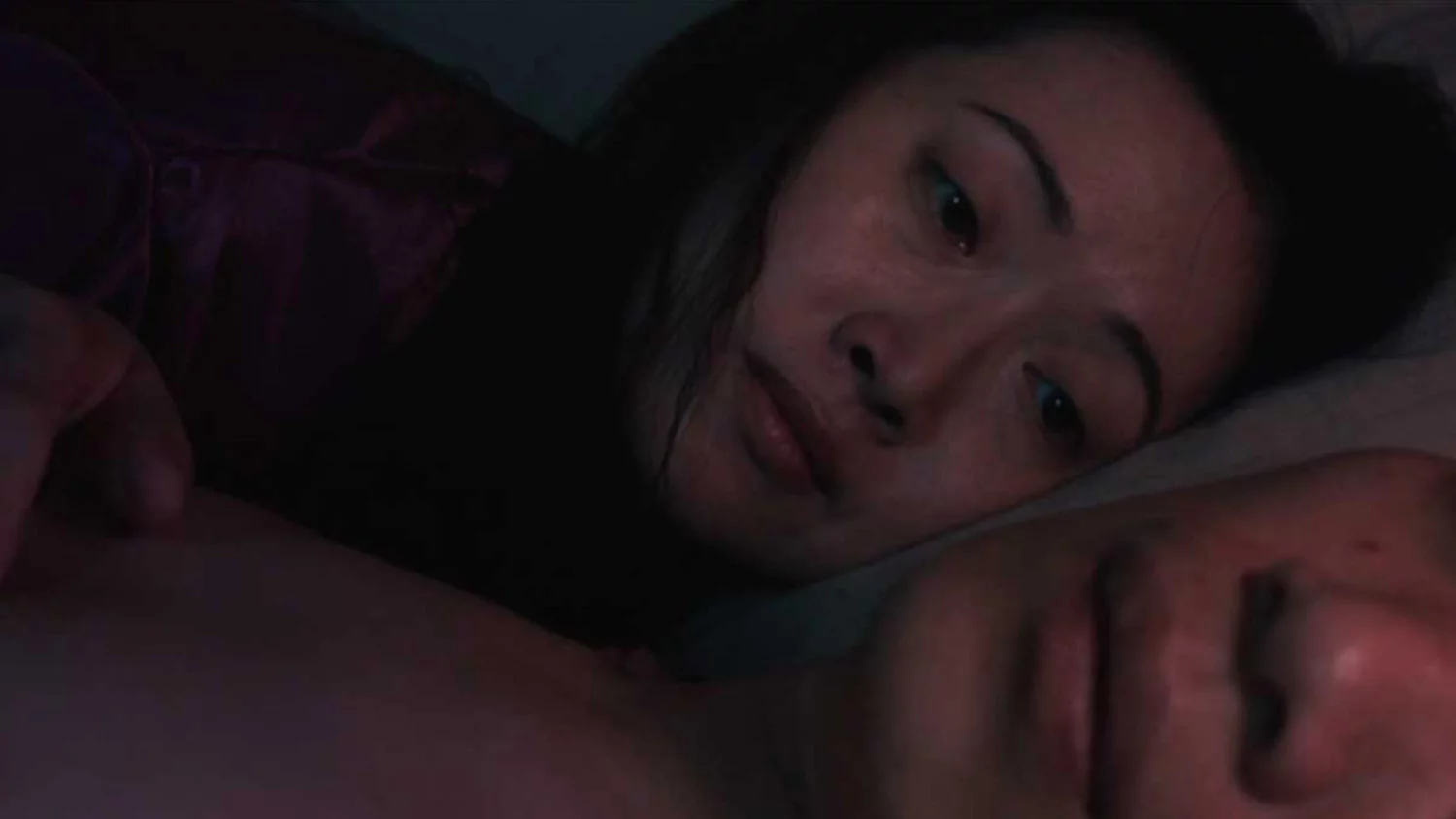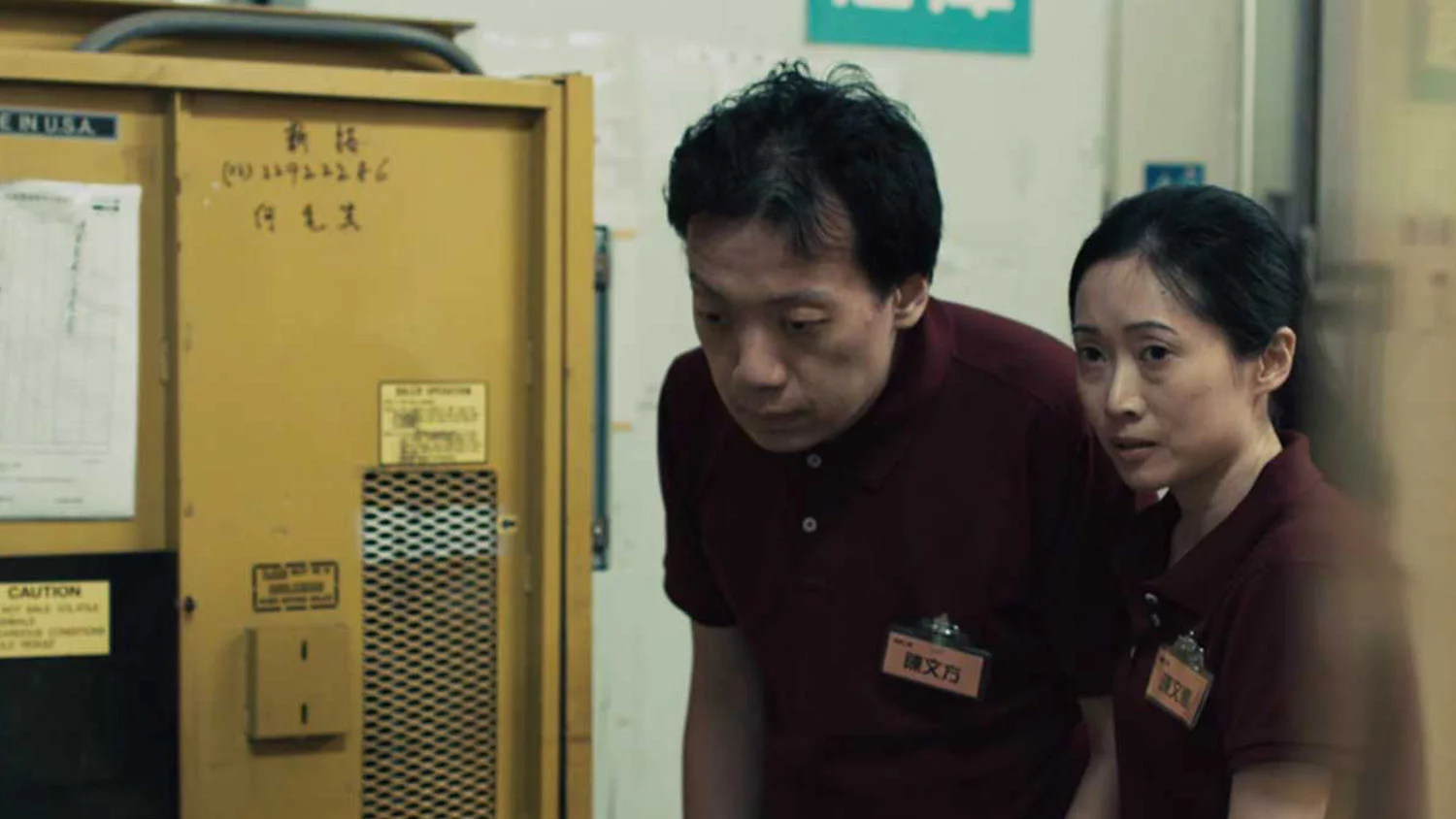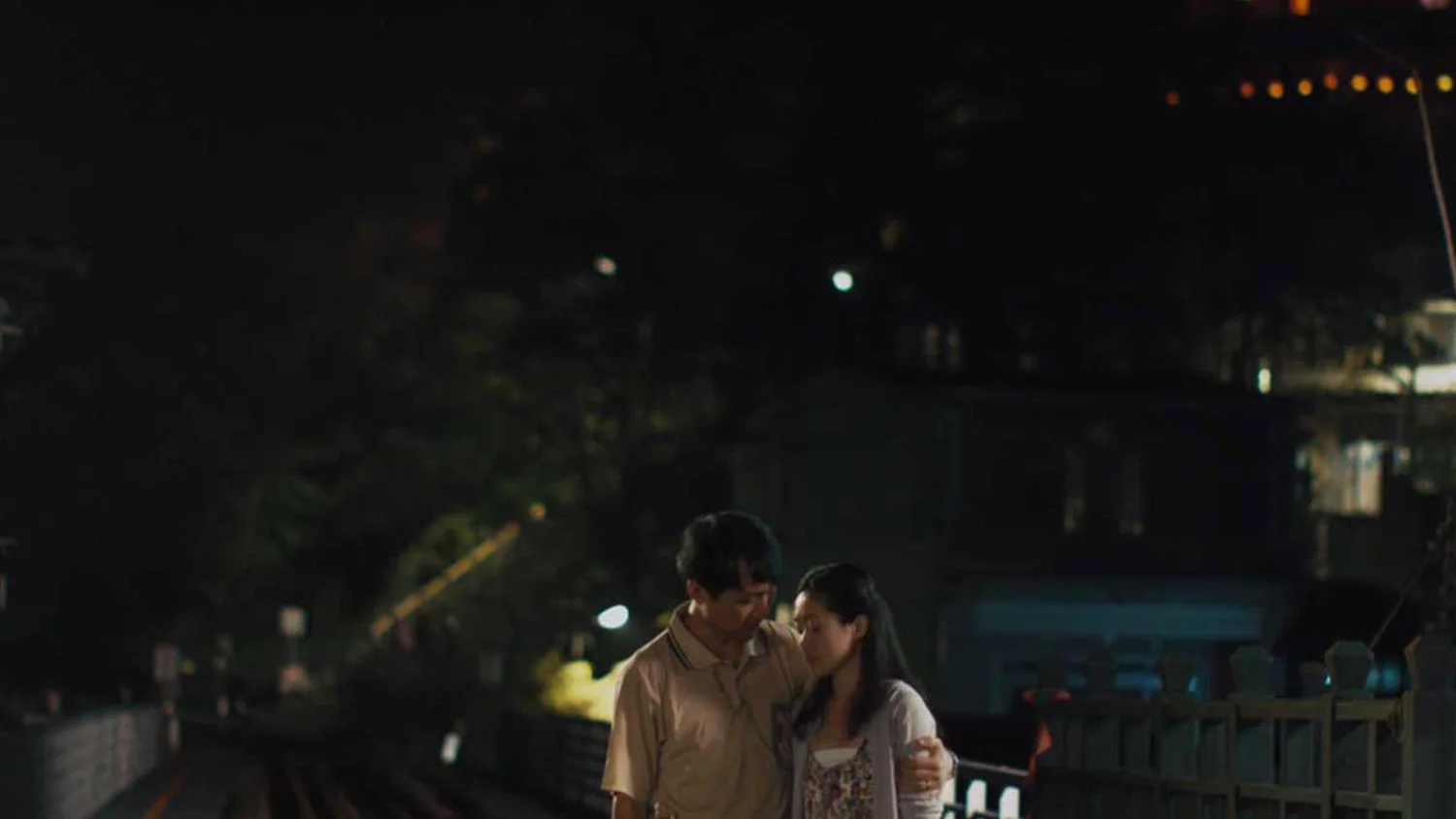Freeze: The Disquieting Miscibility of Love and Hate
By Koh Zhi Hao

The characterization of Hui is compelling precisely because of how unvarnished and honest she is as a reflection of our own humanities. What’s disturbing is not the fear that we too might have someone like that in our lives but rather the lurking realization that behind her actions lie a very ugly but human need; that behind our own facades lie someone we dress up with shallow niceties and plastic smiles. The fear then comes from the abyss staring back at us.Freeze is the dark brainchild of 25 year old Nelicia Low, who is currently doing her MFA in Film Production at New York’s Columbia University. As Freeze would pay testament, Nelicia is interested in using cinema as a tool to explore and expose the silenced and unsavoury desires that grip everyone, the intermingled interstices between mania, perversity and decency. The grim origins of her unsentimental approach comes mostly her own experiences in life. Freeze is a film of kinship gone awry and its chief inspiration? A chance encounter with “an autistic guy working at a Cold Storage, pushing the trolleys and singing to himself” who reminded the director of her relationship with her autistic older brother and the emotional pressures and push-backs of having to care for a loved one who is unable to communicate or express himself.

Still from Freeze, Dir. Nelicia Low
I had the privilege of interview Nelicia on her almost Catholic confessional approach to writing and to discuss the unique difficulties of turning fact into fiction. How did the writing process for Freeze go? Did it always start from a deep, personal space, or was that approach birthed in the midst of writing? I always try to write from personal experiences and emotions that I’ve buried deep down. Freeze is no exception! It took me around 32 drafts to finally hit the sweet spot with the script, and each draft was drastically different with the exception of the two characters being constants. The first draft was cliché and quite awful – it was very self-pitying , where the girl wanted to go on a date but couldn’t for fear of her boyfriend finding out about her obnoxious autistic brother. She makes that shocking decision in the end, but then reverses her decision. It was a terrible, cowardly draft. My mentor at Columbia, Eric Mendelsohn, read it, and told me two things – that I had to dig deep and find the place where the sister WOULD make the shocking decision and would NOT reverse it, and also to create a more realistic version of the autistic brother. You see, my brother is actually pretty easy to take care of, but I had instead created a very stereotypical, loud, obnoxious autistic character that we’re used to seeing in most films and TV shows. I needed another 31 drafts before I finally managed to write the two characters you see in the film now. The biggest thing I realized while writing was that when she makes that final decision, it HAD to be because of a mistake that SHE herself made, and thus couldn’t bear. Nothing else. Freeze is a very confessional film. Was it difficult to confront your personal experiences in such an unguarded and public way? I am quite thick-skinned to begin with, so I didn’t really have any qualms over the possible criticisms the lead character (who is really me) might receive. For me filmmaking is therapy. When I put all the secrets and emotions I’ve been hiding for years into a film, it’s actually quite cathartic. Plus, I think people forget that a film is dramatized after all. The actions of the sister are obviously quite different from mine – I don’t work in a supermarket with my brother and I am not married! I think it is the IDEA of what she does, the fact that she makes use of him for her own benefit but not the specifics of how she uses him, that is confessional. Of course some people are not going to get it and probably will think that everything in the film is real and I am crazy… But that’s okay! What was more difficult for me was really digging down deep to reach those emotions and putting them in a coherent, succinct short script.

Still from Freeze, Dir. Nelicia Low
Why this approach to writing/telling stories? I think that if I boasted and told the audience how great of a person I was, or moaned about how terrible the circumstances my life was (due to my brother or otherwise), the audience will not be interested in listening to me. But if I told the audience about what a terrible person I am, what makes me unlovable and weak, and what my darkest secrets are, they’d be much more interested to listen. It’s a very human reaction. I’d like to tell the stories where the audience, while watching, would never publicly admit to each other that they understand the actions or emotions of my characters, but secretly, privately they’d understand and relate to my characters very much. Hopefully it reminds them of something they did that they have never revealed.Were there any worries that telling such a personal story would alienate the audience? I actually think that the more personal and truthful I am in revealing my emotions and secrets and the more specific I am, the more the audience will be able to relate to my story. I think that the people who are the most outraged by my film are the ones who have the closest personal experiences to it, so much so that my film terrifies them. My mother, for example, hates my film! It hits way too close to home. But she’s still very supportive and proud of Freeze’s success (I love you mom).

Still from Freeze, Dir. Nelicia Low
Let’s talk about that rather shocking ending- any particular motivations for ending the film with that stunning act? I actually started writing the film with this ending, and then had to work backwards to find out how she got there. I always wanted to end with this shocking act because I think it is the truest emotion (and most terrible) that I’ve experienced with my own brother. Despite this last act being objectively very shocking, I myself don’t think of it as being very shocking as it’s incredibly real for me – hopefully the audience will feel the same way.Did you have any reservations about transplanting people from your life into fiction? Any worries about misrepresenting them in the film? I think for now it’s easy for me to write about myself and my brother because my brother will never be able to understand my film due to his condition. He’s actually coming with my mother to see Freeze at SGIFF for the first time. He’ll probably just enjoy the song which the brother character sings, but I know he won’t understand the film much. And I obviously don’t mind putting myself into the story. However, I am worried for the future, especially when I am ready to write about the other two members of my family – I feel that my relationship with both of my parents is even more complicated that with my brother… and they are highly capable of film analysis. They will recognize themselves for sure. Unfortunately, my way of storytelling is to reveal the sins of people, because for me to sin is to be human, rather than to talk about the greatness of people… so when they watch my future films, it is going to be very worrying indeed.In your opinion, can there be genuine storytelling without personal emotional investment from the artist? I think this is really up to everyone’s own personal taste, so this is just my humble opinion. For me, the films that truly stand out and that I always remember are the ones where you can tell the artist is putting her/himself into the film. I really think that when that happens, the audience will be able to feel the difference. The fiction film, paradoxically, becomes documentary-like. Thus, I tend to admire filmmakers who put a lot of themselves in their films. It’s difficult to do, but I think it produces great results – When the audience resonates emotionally with the characters and their actions, it’s a wonderful, beautiful thing. It’s the very reason I wanted to be a filmmaker in the first place.Catch Nelicia Low’s Freeze in Programme 3 of the Southeast Asian Short Film Competition on 3rd December (Saturday), 11:00am, at the National Gallery Auditorium.

